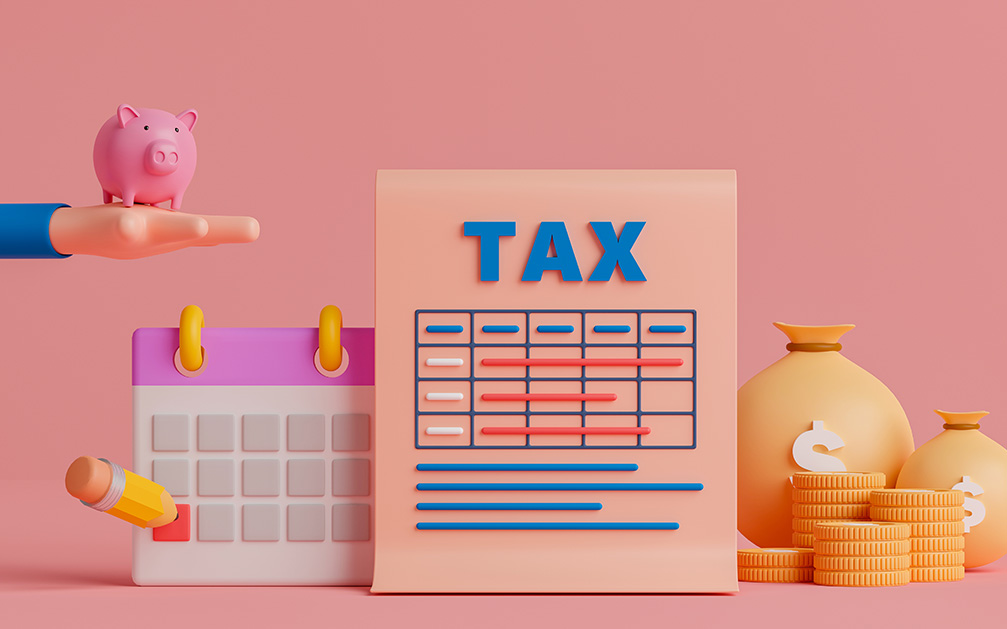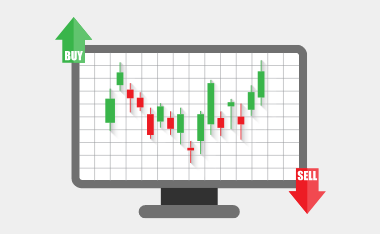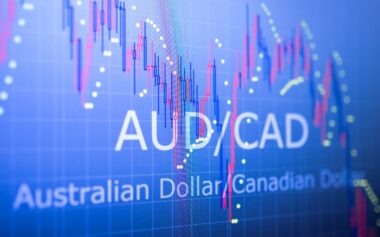Quick Tax Tips for Australian Forex Traders

Please Note: This article is purely for information purposes only. The Trading Coach International is not a qualified accounting practice and the information in this article should not be taken as personal tax advice. Always speak to a qualified and registered tax professional in relation to your taxation circumstances.
As a forex day trader in Australia, it is important to keep accurate records of your trades and financial activity for tax purposes.
As a former ATO auditor myself, I’m very aware of the difference keeping accurate tax records can affect the amount of tax you pay, or the refund you receive.
In this article, we will look briefly at what records you need to keep, how long to keep them, and some tips for staying organized and compliant with Australian tax laws.
Forex day traders in Australia need to keep records of all their financial activity related to their trades, including:
- Purchase and sale receipts
- Brokerage statements
- Bank statements
- Trading logs
- Foreign exchange gain or loss records
- Records of any deductions or expenses related to trading
These records should be detailed and accurate, including information such as the date and time of the trade, the currency pair traded, the opening and closing prices, and the amount of profit or loss made.
How long do forex day traders need to keep their records?
Forex day traders in Australia are required to keep their records for a minimum of five years from the end of the income year in which the trade occurred.
It is important to keep both physical and digital copies of your records and to store them securely in case of an audit or review by the Australian Taxation Office (ATO).
Tips for staying organized and compliant
To stay organized and compliant with Australian tax laws, consider the following tips:
Keep your records up to date and organized by trade and year
Use software or spreadsheets to track and calculate your individual trades and their profits/losses
Consult with a tax professional or accountant to ensure you are meeting all requirements and taking advantage of any deductions or credits available to you
Be aware of any changes to tax laws or regulations that may impact your trading activity
By staying organized and compliant with Australian tax laws, you can avoid penalties and fines and ensure that your financial activity is accurately reflected on your tax return.
How to be Prepared for a Meeting with Your Accountant
Here are 6 tips on how an Australian forex day trader can prepare for a meeting with their tax accountant:
- Gather all relevant documents: Collect all your financial documents, such as bank statements, trading statements, receipts, and invoices, for the tax year. Ensure that you have the required documents to back up any deductions, such as brokerage fees, computer and software expenses, and data feeds.
- Record all trades: Record all your forex trades throughout the year, including the date, type of trade, currency pair, position size, entry and exit prices, profit or loss, and any associated fees or charges. You can use a trading journal or software to keep track of your trades.
- Calculate your net profit: Determine your net profit or loss for the tax year by subtracting your trading expenses from your trading income. Your trading expenses include brokerage fees, data fees, computer and software expenses, and any other costs incurred while trading.
- Understand tax rules: Gain an understanding of the tax rules and regulations related to forex trading in Australia. This includes understanding how to calculate your taxable income, the tax treatment of losses, and the tax implications of holding forex trades overnight.
- Consider deductions: Be aware of the deductions available to forex traders, such as home office expenses, travel expenses, and education and training costs related to forex trading. Ensure that you have the required documentation to back up any deductions claimed.
- Ask questions: Prepare a list of questions to ask your tax accountant during the meeting. This can include questions related to tax rules and regulations, deductions, record-keeping requirements, and any other tax-related queries you may have.
By following these tips, you can prepare for a productive meeting with your tax accountant and ensure that you are maximizing your tax benefits as a forex day trader in Australia.
FAQs
Do forex day traders need to pay tax on their profits?
Yes, forex day traders in Australia are required to pay tax on their profits. The tax rate will depend on your income and tax bracket.
Can forex day traders deduct any expenses related to their trading activity?
Yes, forex day traders may be able to deduct certain expenses related to their trading activity, such as brokerage fees, software, and internet costs.
Consult with a tax professional to determine what expenses are deductible for you.
What happens if I do not keep accurate records or do not comply with Australian tax laws?
Failure to keep accurate records or comply with Australian tax laws can result in penalties and fines from the ATO.
It is important to stay organized and compliant to avoid these consequences.
Can I use a tax agent to help me with my forex trading taxes?
Yes, you can use a registered tax agent to help you with your forex trading taxes. A tax agent can provide advice and guidance on tax laws and regulations and help you stay compliant.
The Last Word on Taxes for Forex Traders
Keeping accurate records and staying compliant with Australian tax laws is essential for forex day traders in the country.
By keeping detailed records of all financial activity related to your trades and staying organized and compliant, you can minimize risks and ensure that you are accurately reflecting your financial activity on your tax return.
More Information
For more trading term general definitions, visit our A to Z of Forex Trading
To look at these concepts in action, please visit our sister site, Latest Forex Rates
What to Do Next
If you would like to learn more about how you can start building a full time income trading forex in your spare time, book a FREE one on one Strategy Call with our Lead Trading Coach HERE
Disclaimer
The information, strategies, techniques and approaches discussed in this article are for general information purposes only and studies of potential options. The Trading Coach International does not necessarily use, promote nor recommend any strategies discussed in this article. The information in this article may not be suitable for your personal financial circumstances and you should seek independent qualified financial advice before implementing any financial strategy. The Trading Coach International is not a financial advisor and does not have AFS registration.


















